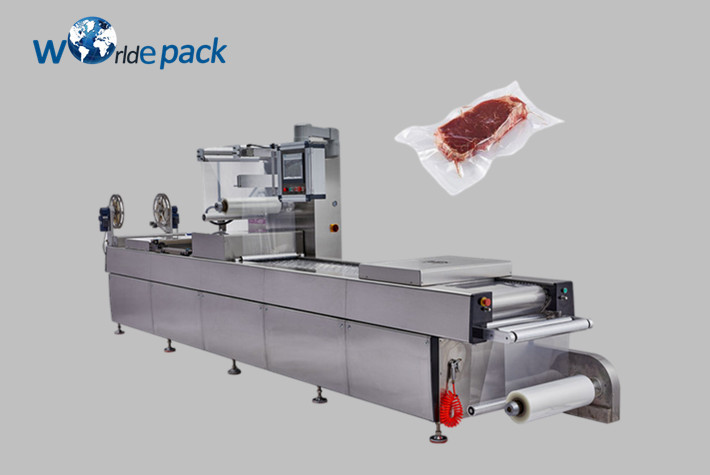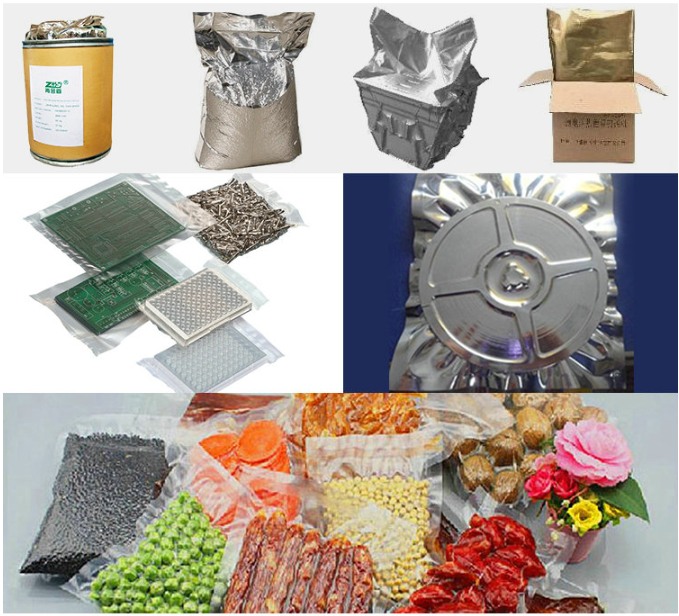Table of Contents
Benefits of Vacuum Packing for Food Preservation
Vacuum packing has become increasingly popular in recent years as a method of food preservation. This technique involves removing air from a package before sealing it, which helps to extend the shelf life of food items. There are several benefits to vacuum packing, making it a valuable tool for both home cooks and commercial food producers.


One of the primary advantages of vacuum packing is that it helps to prevent the growth of bacteria and mold on food. When air is removed from the packaging, the Environment becomes inhospitable to these microorganisms, which rely on oxygen to survive. This can significantly extend the shelf life of perishable items such as meat, Fish, and Dairy Products, reducing the likelihood of spoilage and foodborne illness.
In addition to preventing spoilage, vacuum packing can also help to preserve the flavor and texture of food. By removing air from the packaging, the risk of oxidation is reduced, which can cause foods to become rancid or lose their freshness. This is particularly important for delicate items such as herbs, spices, and Nuts, which can quickly lose their flavor when exposed to air. Vacuum packing helps to maintain the quality of these ingredients, ensuring that they retain their taste and aroma for longer periods.
Another benefit of vacuum packing is that it can help to save time and money. By extending the shelf life of food items, vacuum packing can reduce the amount of food that is wasted due to spoilage. This can result in significant cost savings for both consumers and businesses, as they can make better use of their resources. Additionally, vacuum packing can help to streamline meal preparation, as pre-packaged ingredients can be stored for longer periods without losing their freshness. This can be particularly useful for busy households or commercial kitchens, where time is of the essence.
Vacuum packing is also a convenient way to store food items, as it helps to reduce the amount of space that they take up. By removing air from the packaging, items can be compressed and stacked more efficiently, allowing for better organization and storage. This can be particularly useful for small kitchens or refrigerators, where space is at a premium. Vacuum packing can also help to reduce the need for bulky Containers or packaging, making it a more environmentally friendly option for food storage.
Overall, vacuum packing offers a range of benefits for food preservation, including extended shelf life, improved flavor and texture, cost savings, and convenience. Whether you are a home cook looking to make the most of your ingredients or a commercial food producer seeking to reduce waste and improve efficiency, vacuum packing can be a valuable tool in your arsenal. As this trend continues to gain popularity, we will likely see even more innovative uses for vacuum packing in the future.

